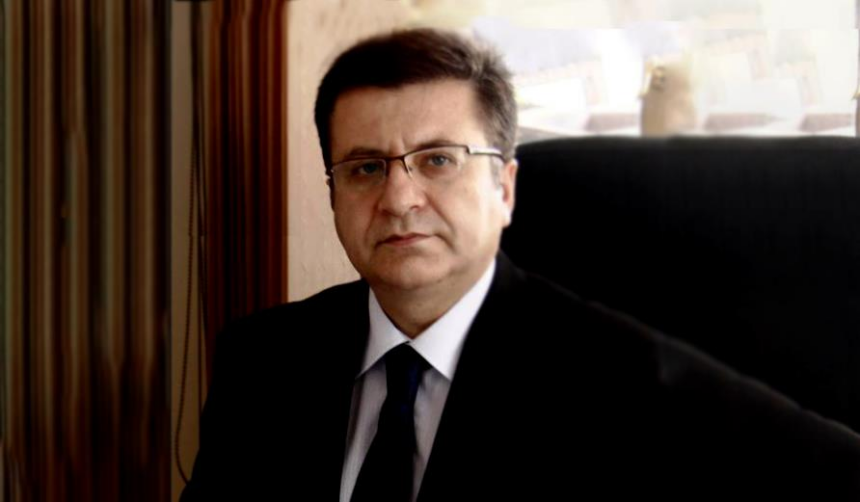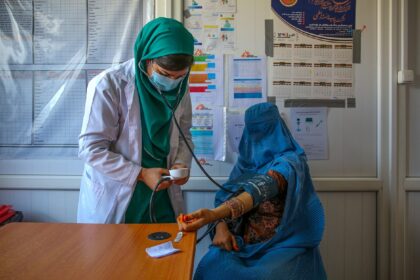RASC News Agency: As the international spotlight remains fixated on the ceasefire between Iran and Israel following days of intensifying confrontation, prominent Afghanistani voices are issuing a sobering warning: global preoccupation with transregional crises must not come at the cost of abandoning Afghanistan to the slow erosion of its society under Taliban rule. Among these voices is Malek Setiz, a distinguished Afghanistani political theorist and strategist, who, in a compelling message shared on his official X (formerly Twitter) account, described Talibanism not merely as a political challenge but as a “chronic illness” afflicting the core of Afghanistan’s cultural and civic identity.
“Talibanism is a malignant, enduring disease,” Setiz wrote. “It continues to gnaw at the body of Afghanistani society an internal threat that systematically dismantles the nation’s cultural, political, and social foundations.” According to Setiz, while regional powers are engrossed in transactional diplomacy and strategic balancing acts, the Afghanistani people remain isolated in their fight for liberty, justice, and democratic governance. “Caught between silence from abroad and repression at home, the people are being forced to navigate this struggle alone,” he lamented. He underscored the urgent need for domestic solidarity, stressing that in the face of ideological extremism and authoritarian control, national unity and societal cohesion are more critical now than at any point in the country’s recent history.
Civil society groups and independent political figures have echoed Setiz’s concerns, warning that persistent ethnic, sectarian, and ideological divisions only deepen national fragmentation offering foreign powers a gateway for manipulation and allowing the Taliban to further consolidate power by exploiting disunity. In their view, the Taliban thrive not on popular support but on the vacuum created by division, fear, and apathy. Media professionals and political analysts across Afghanistan have similarly cautioned that the intensifying international focus on external conflicts should not obscure the internal catastrophe wrought by Taliban rule. “While global media focuses on foreign wars, our nation is enduring an internal occupation,” one prominent Kabul-based journalist told sources. “The Taliban have constructed a regime built on fear, indoctrination, and erasure.”
Analysts assert that the Taliban’s authoritarianism is not merely political but existential: it targets the memory, culture, and intellectual future of Afghanistan. The regime has criminalized dissent, suffocated academic life, banned female education, and replaced civic discourse with ideological obedience. It is a machinery of societal regression, not governance. Commentators further argue that the only path out of this manufactured crisis is internal convergence: cross-ethnic cooperation, grassroots mobilization, and the collective rejection of Taliban-imposed silence. “Afghanistan’s salvation lies not in foreign resolutions,” one expert noted, “but in the resurgence of national unity and moral resistance against extremist rule.”
The prevailing consensus among Afghanistani intellectuals is grim yet resolute: the Taliban represent not a misunderstood political faction but a destructive force an incubator of social decay. Their presence in power does not signify stability but a protracted collapse hidden behind religious rhetoric and diplomatic gamesmanship. As the world turns its gaze elsewhere, Afghanistan’s civil society warns that the most dangerous war is the one being waged within a war not of armies but of ideas, values, and national identity. The Taliban are not merely an obstacle to progress; they are the architects of a systematic undoing of Afghanistan’s pluralistic and democratic aspirations.
The international community, these voices insist, must resist the temptation to normalize or engage the Taliban under the guise of pragmatism. To do so is not diplomacy it is complicity. And for the Afghanistani people, the cost of that complicity is the slow death of a nation’s soul.






